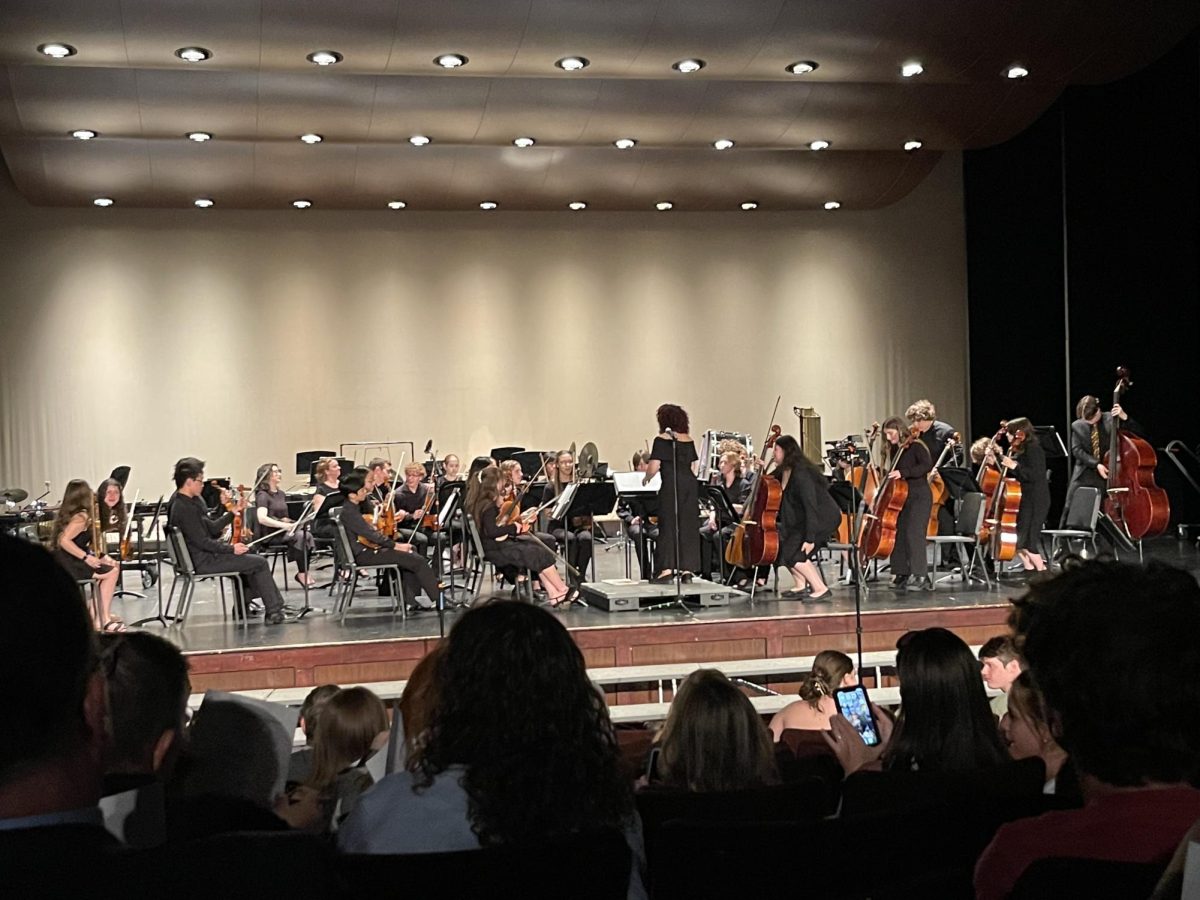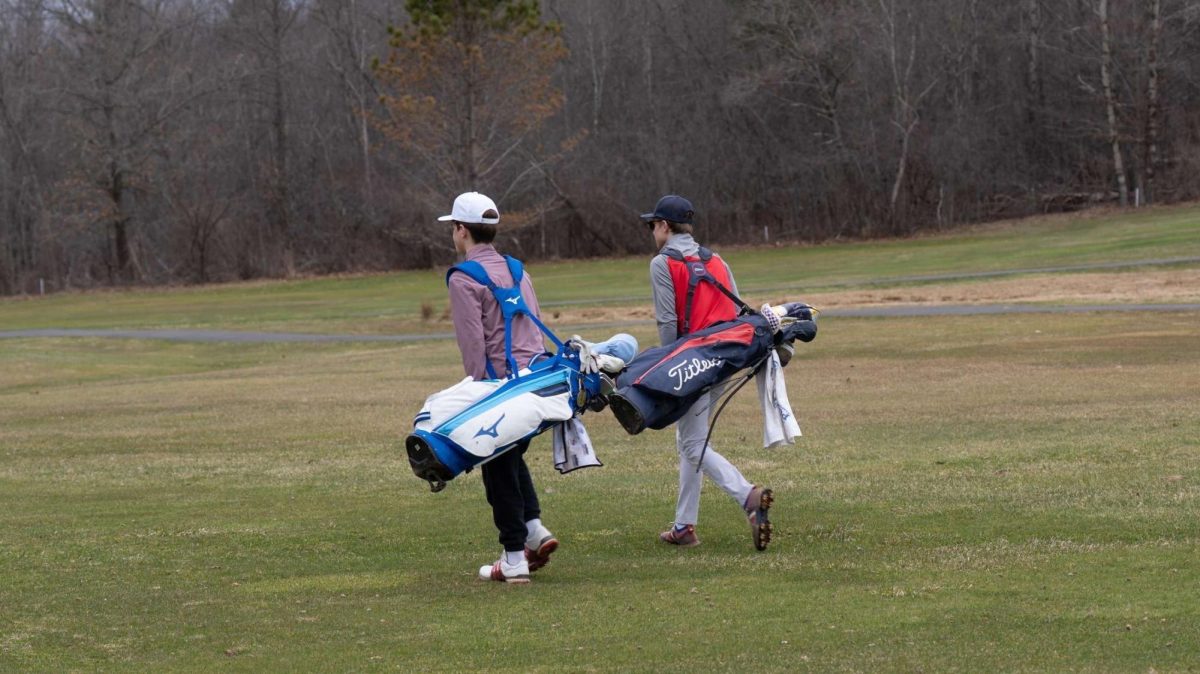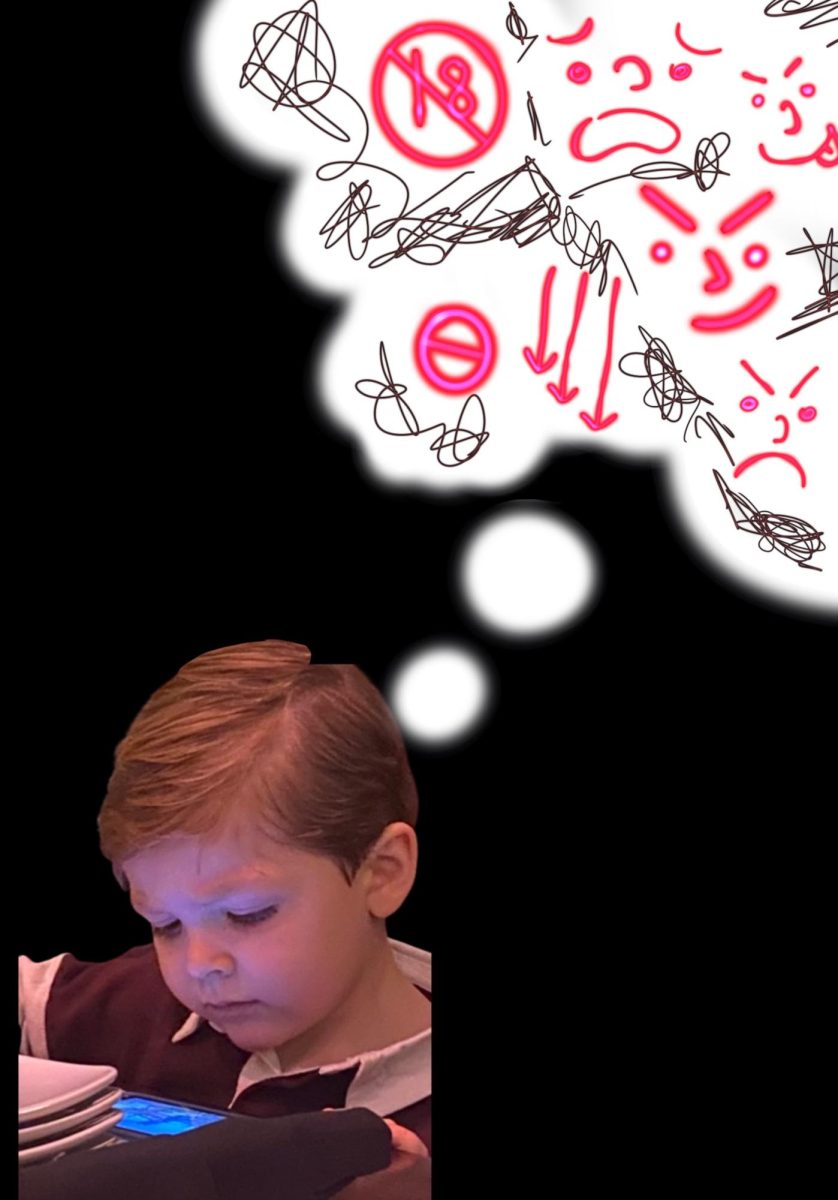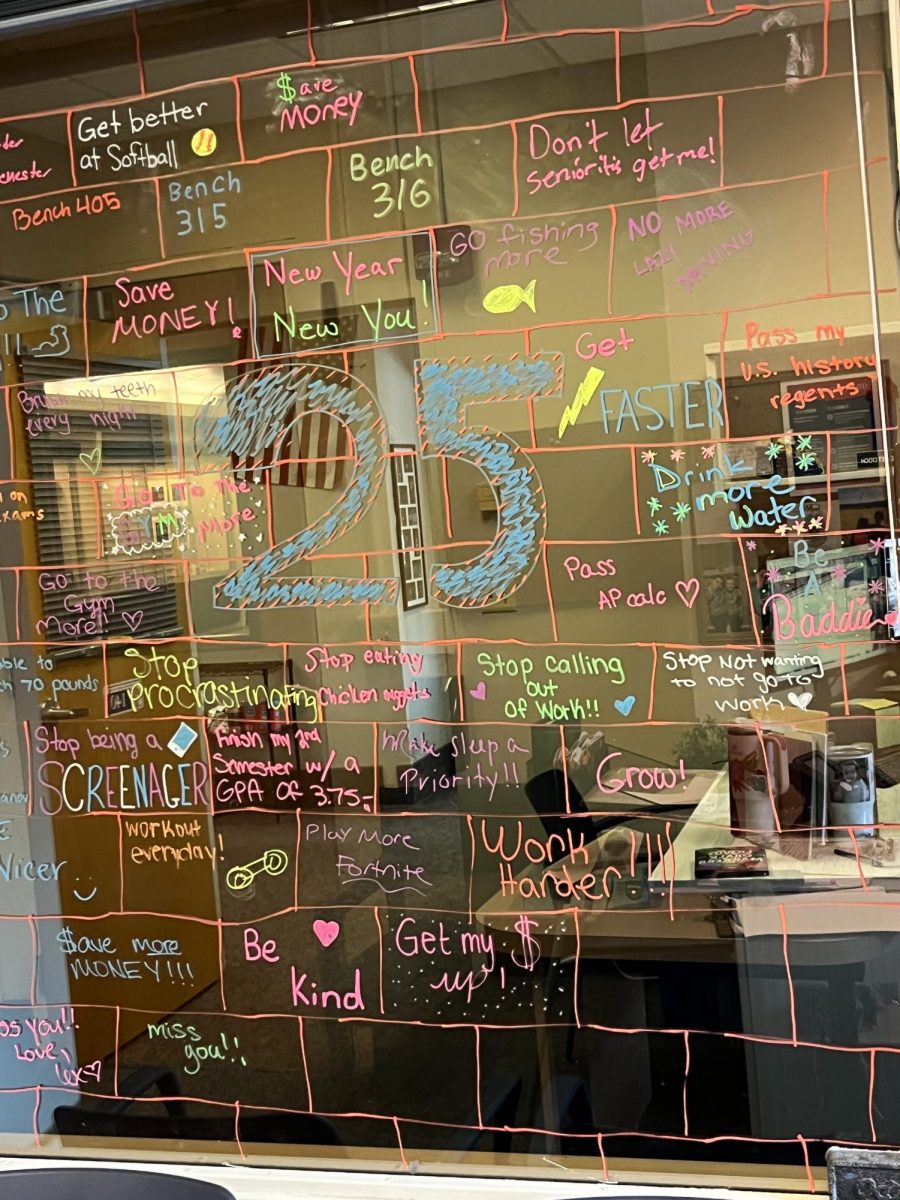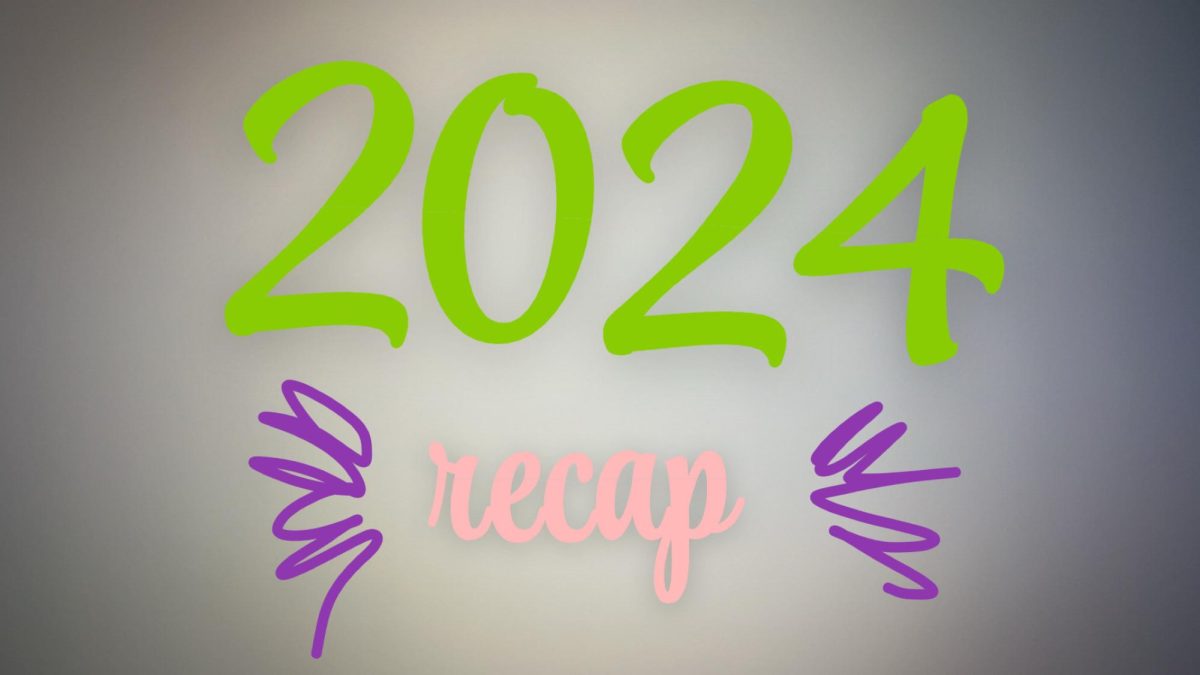“Skip! Skip!” commanded my little cousin William, aged 6, at the TV.
Naturally, I looked up to see what cartoon he was watching. Except he wasn’t. He was commanding me to click the ‘skip’ button on his YouTube ad. I obliged, and skipped the flashy ad. I buried myself back into my schoolwork, and put my headphones on to drown out the TV.
That’s when, out of the corner of my eye, I saw it. A Spiderman doll, William’s favorite superhero, brandishing a large… syringe? Intrigued, I began to watch. Spiderman was what could best be described as stalking a Barbie doll, chasing her around with a syringe.
Despite his annoyed groans, I made the command decision to change the channel to some Peppa Pig.
Since I was signed in with my youtube account on the TV, I could see his watching history. To my absolute dismay, the log was permeated with blood, guts, and violence.
What is this? And why does my six-year-old cousin have access to it?

A quick Google search reveals that this phenomenon is broadly known online as “Elsagate.”
In simple terms, ‘Elsagate’ content uses beloved characters from children’s shows (think Elsa, Bluey, Spiderman, etc), and puts them in violent, suggestive, and mature situations. This content infiltrates sites like YouTube Kids by candy coating their content with colorful thumbnails, and innocent titles.
Generation Alpha, children born 2010 and younger, have been filling their impressionable minds with this brainrot.
I decided to reach out to five of my former teachers to get their input on “Elsagate” and the effect it’s having on their students.
None of them knew what I was talking about.
Well, by that, I mean nobody recognized the content as “Elsagate.” However, they all had some pretty evident opinions regarding these videos, the internet, and the overall disadvantages generation alpha is facing due to their unmonitored internet usage.
School looks different for Generation Alpha than it did for previous generations. Kindergarteners have chromebooks, and are expected to take assessments on them.
“A lot of them don’t even know how to use a computer yet,” Mrs. Grace, a kindergarten teacher at Bradley Elementary, explained to me. She expressed her concern with the inaccuracy of these tests, as she claims that some of the students just click around and they don’t completely comprehend what they are choosing.
Despite her students not fully understanding the mechanics of their chromebooks, Mrs. Grace had an interesting list of their internet interests: YouTube, Roblox, Fortnite, and “those unboxing videos!”
Neither of us could make sense of why kids enjoy watching adults open toys.
As easy as it is to laugh YouTube videos off as silly or stupid, a lofty price tag hangs from these videos. Mrs. Grace mentioned the fine motor skills of her 5 and 6 year olds have been on a significant decline as of late. Skills as simple as coloring seem to be more and more difficult for those just entering Kindergarten. She explained that these foundational skills aren’t quite cemented when they come to her from Pre-K, and it takes her longer to help students develop these essential skills.
“Have you heard the music these kids are listening to?” Mrs. Yoxall, a second grade teacher at Bradley Eelementary, asked bringing a whole different perspective to light. The music kids listen to now is often highly explicit, despite parents’ best efforts to deter impressionable ears.
Mrs. Yoxall explained how explicit language learned through music is infiltrating the classroom, but that isn’t entirely the parents’ fault. Some of these streaming platforms promise clean content, but explicit music still slips through.
The problem isn’t the music itself, and that’s what most people misinterpret. Racist slurs, and sexist stereotypes permeate the music, and young children cannot differentiate catchy lyrics from their actual meaning. These kids don’t understand how their words are perceived by their peers, so they repeat the phrases they hear in music.
Mrs. Sklar, a fourth grade teacher at Hughes Elementary, has noticed a significant increase of drowsiness in her classroom- especially in the morning. She also noted that most- if not all- of her students have access to ipads, iphones, and just the internet in general. We both agree there’s a correlation between screen time and sleep deprivation. She also mentioned that, given the choice, her students choose going on their chromebooks over reading or drawing.
“I’ve seen my students pop up on my social media before,” Mrs. Sklar shared. That means not only do her students have social media, but their accounts are public. Most social media platforms require users to be at least 13, so these kids are either lying about their age, or their parents are encouraging them to have these accounts.
Another fourth grade teacher, Mrs. Meyers of Bradley Elementary, also mentioned her students are arriving to class exhausted. She believes this fatigue is partly due to social media, but mainly due to video games.
Mrs. Meyers believes the easiest fix to the overconsumption of screen time is to balance it with time spent in nature. She even runs outdoor camps during the summer to help kids unplug, and enjoy the wonders of nature.
Mrs. McNair, a sixth grade teacher at Bradley elementary, had the most telling comments on Generation Alpha. She called them, “The YouTube generation,” before I had even told her what my article was about. She told me she feels “more like an entertainer and less like an educator” with her Gen. Alpha students. With the constant stimulation kids have, their attention spans have significantly decreased.
She, like the others, has also been noticing an increase in fatigue among her students.
Mrs. McNair shared that during a presentation, the presenter mentioned virtual reality, and her students went wild. This completely freaked her out. We both agreed this eagerness surrounding VR was very dystopian, and, quite frankly, terrifying.
“Is this the generation that will live in a permanent virtual reality world?” Mrs. McNair pondered.
At the end of the day, technology is a necessary evil.
That being said, the internet should not be your babysitter. From the plethora of unmoderated content on ‘kid-friendly’ platforms, to the decline in youth social skills, the internet isn’t something parents should rely on. Parents using these websites to entertain their children for long periods of time are just fueling the problem. The generation fueled by brainrot is one that should be feared. According to a BBC article from February of 2019, doctor Jim Taylor claims that the attention span of Gen. alpha is severely impaired due to the consumption of this content.
Without parental intervention, Generation Alpha will be lost in the brainrot.
But it’s not too late to reverse the damage.
Parents should actively monitor, and limit their children’s media intake. Children should be redirected from screens to social activities. Simple things like going for a walk, or coloring are always a safer option over the incomprehensible horrors that lay within the internet.

